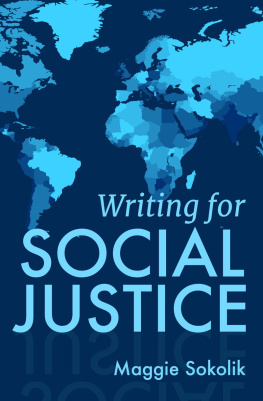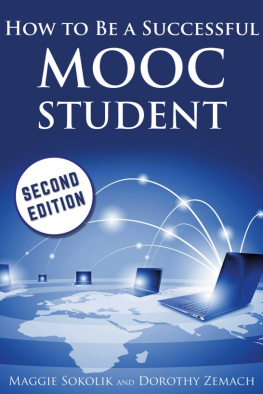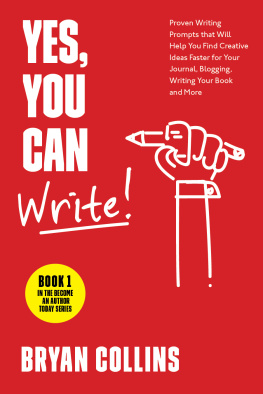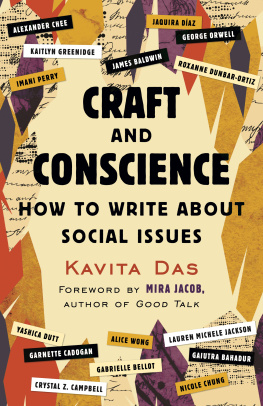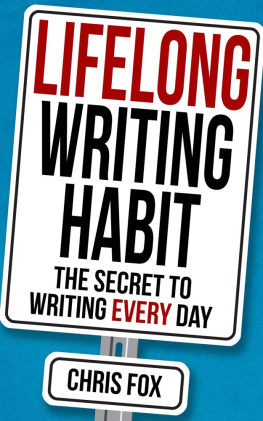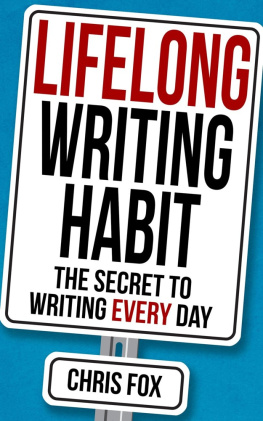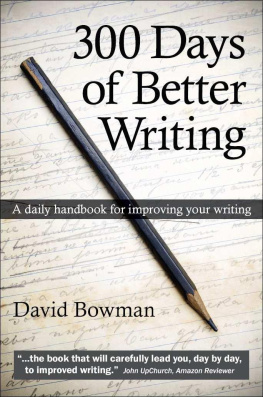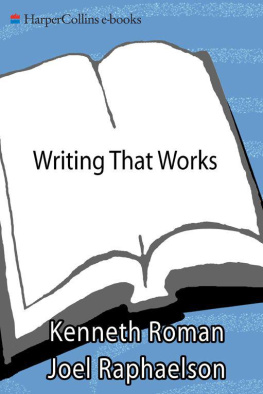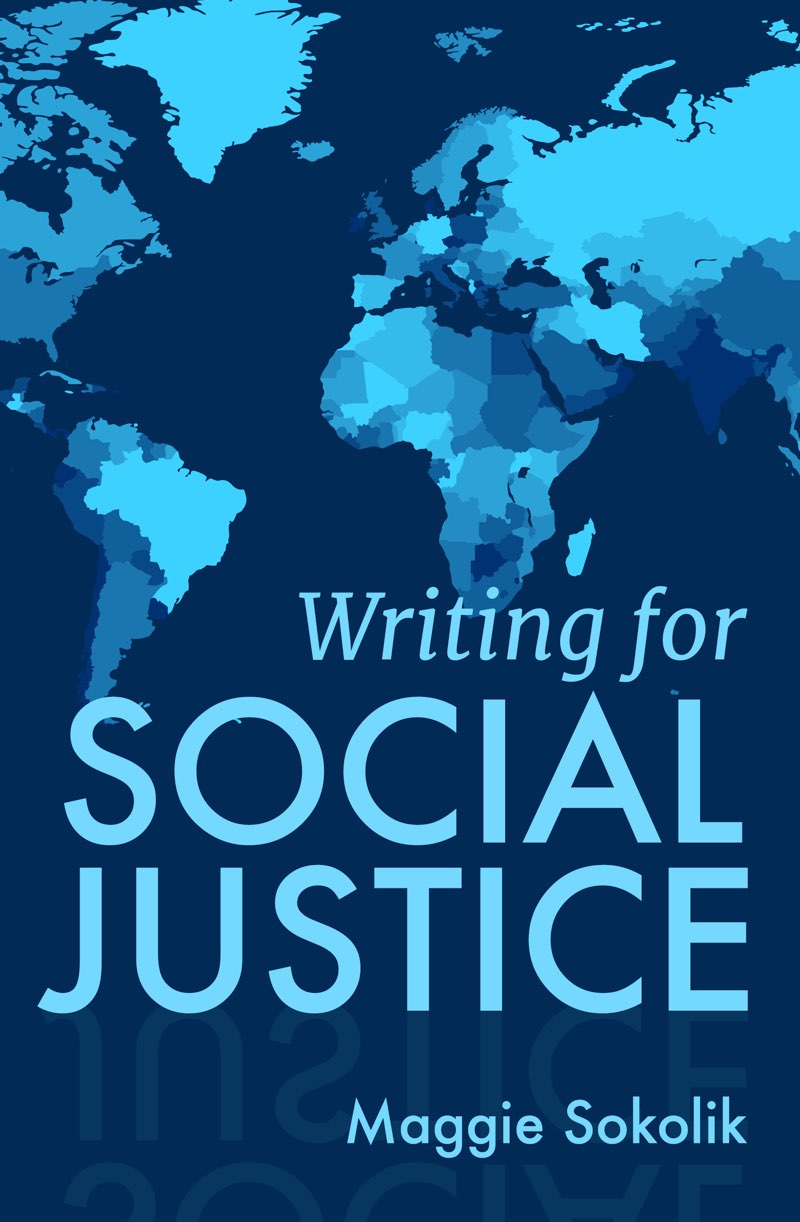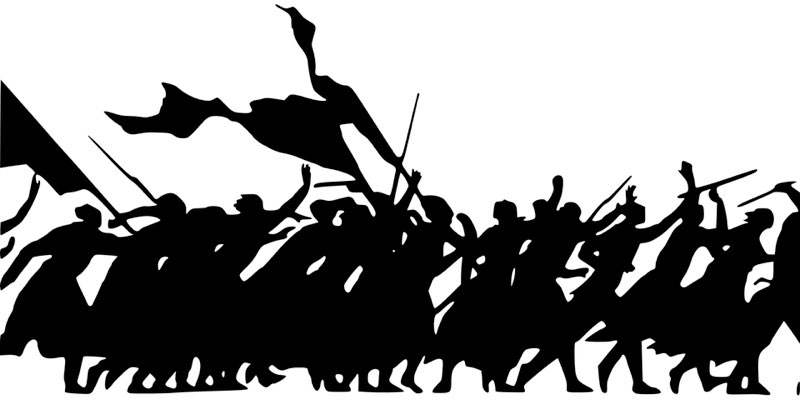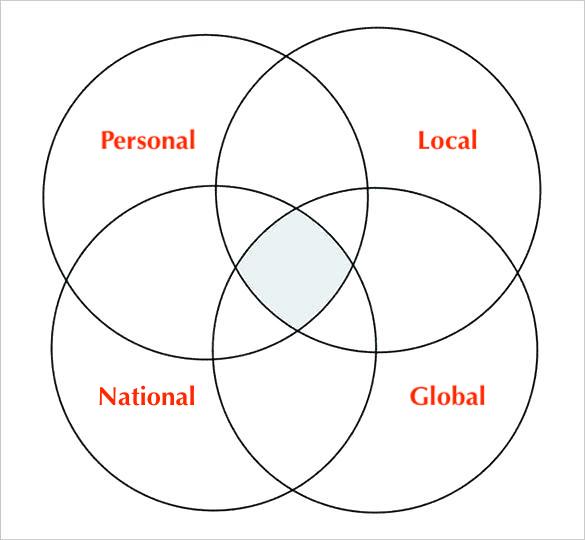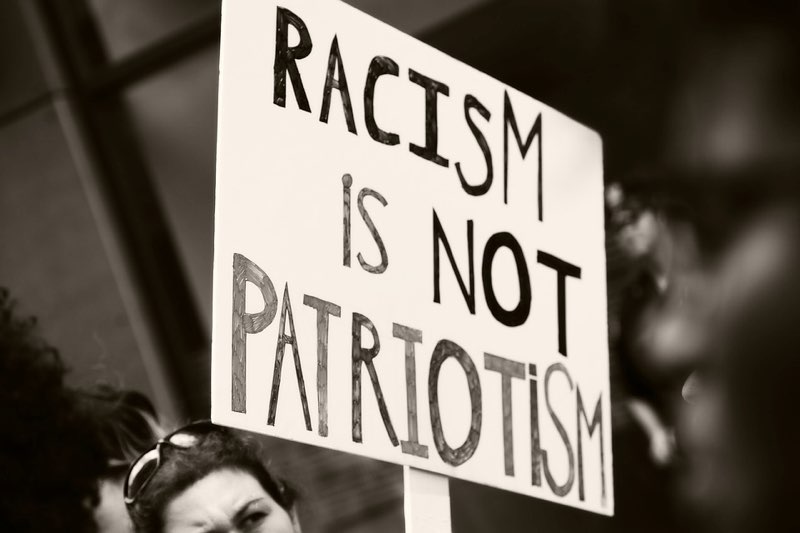Writing for Social Justice
Journal and Workbook
Maggie Sokolik
Copyright 2019 by Wayzgoose Press
All rights reserved.
No part of this book may be reproduced in any form or by any electronic or mechanical means, including information storage and retrieval systems, without written permission from the author and publisher, except for the use of brief quotations in a book review.
Cover design by DJ Rogers for Bookbranders.
Editing by Dorothy Zemach.
Contents
Introduction
This is a book that requires you to write!
However, since you cant write in this e-book, you will need to keep a journal in a different format. (You can write directly in the print version of this book, of course.)
You should choose whatever form of journal you want; it might be a paper journal, a loose-leaf folder of notebook paper, a file on your laptop or tablet, or even notes on your phone. Choose a format that works for you.
Writing for Social Justice
What is Social Justice?
Look around on the internet or different print publications and you will find a lot of definitions of social justice. The important thing is that you define it for yourself.
For example, heres a partial definition from Wikipedia:
Social justice is a concept of fair and just relations between the individual and society. This is measured by the explicit and tacit terms for the distribution of wealth, opportunities for personal activity, and social privileges. In Western as well as in older Asian cultures, the concept of social justice has often referred to the process of ensuring that individuals fulfill their societal roles and receive what was their due from society. In the current global grassroots movements for social justice, the emphasis has been on the breaking of barriers for social mobility, the creation of safety nets and economic justice.
Find and read at least three definitions of social justice. After youve read three definitions, write out your own definition of social justice in your journal.
Four Spheres of Social Justice Writing
Writing for social justice can be divided into four areas:
- Personal writing
- Writing to affect your community
- Writing to affect nations
- Writing to change the world
Different types of documents are often associated with each of these types of writing, but there is a considerable amount of overlap.
Personal Writing
In the sphere of writing for social justice, personal writing often involves journals and diaries, blog posts, social media posts, and any other writing that is intended to express oneself, often just for self-edification.
Writing to Affect Your Community
Typical documents might include letters or emails to local officials, petitions about local issues, newsletter or local newspaper opinion pieces, flyers and posters, and so on.
Writing to Affect Nations
This writing can include all of the things mentioned in the previous paragraph, but might also take on published works such as writing opinion pieces for national publications, articles for magazines, or any other writing with a larger scope in mind.
Writing to Change the World
As lofty as this sounds, we have lots of examples of writing to change the world. Published essayists and writers of nonfiction and fiction are associated with this genre. Of course, podcasts, radio shows, pieces of journalism, and published satire also fall in this category.
The question for you is, what are your aspirations? Do you want to explore your own mind to discover what matters most to you? Then, personal writing may satisfy you. Or, do you want to shake up the political system and find justice for others?
Take a moment to write out what your writing aspirations are.
Question: What type of writing will help you change your world? Explain your answer.
The Issues
What are the issues that matter to you? Take some time to list them in your journal.
Personal
In your journal, list ten things that you could improve in your own life to create a more just society. (For example, learn to be more tolerant of those different from you; practice charity, etc.)
Local
List ten problems that you feel need to be addressed in your local community.
National
List ten issues that you feel need to be changed in your country.
Global
List ten issues that you feel need to be addressed on a global scale.
Areas of Interest
In addition to the four spheres of social justice writing, there are also a near countless number of areas of interest. Some potential areas that intersect with social justice are listed here. Write a bit about what you know about that area, or what concerns you.
- Religion
- Poverty
- Disabilities
- Race/ethnicity
- Human trafficking
Now, add ten more areas of your own.
Rhetoric and Its Uses
When writing to change a situation, you are writing to persuade an audience, even if that audience is just you.
In classical rhetoric, there are three modes of persuasion, called logos, ethos, and pathos.
Logos
Logos, as should be apparent from its name, is an appeal to logic. Examples of logos include using facts, statistics, examples from texts, and citing credible authorities on a subject. Logos is the Greek word for word, but the full definition goes beyond that, and can be fully defined as the word or that by which the inward thought is expressed" and, "the inward thought itself". The word logic comes from logos.
Ethos
Ethos is an ethical appeal. An ethical appeal tries to persuade an audience by showing that the writer is a person of credibility and good character. Writers develop ethos by choosing appropriate vocabulary for both the topic and the audience. It is also developed by writing in a way that seems unbiased, demonstrates your expertise, and uses correct grammar.
Pathos
Pathos is an emotional appeal. When you use pathos in writing, you are trying to get your audience to feel a particular emotion: sympathy, anger, pity, etc.
Sophisticated writers might employ more than one of these types of appeals when trying to persuade an audience of an idea.

